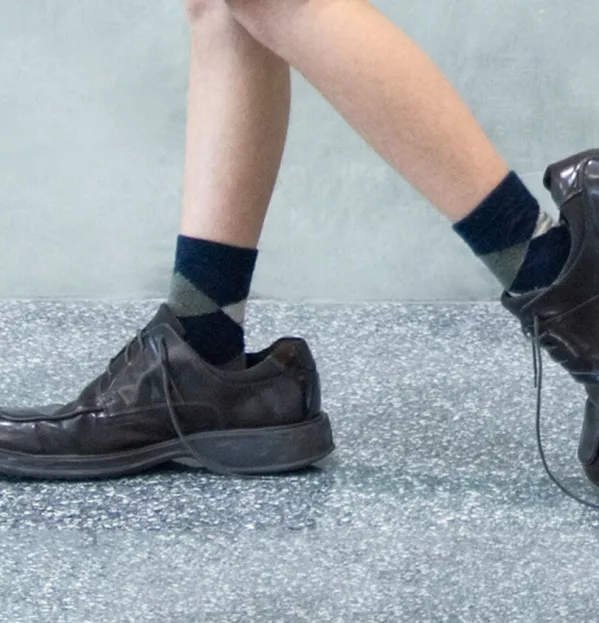- Home
- Teaching & Learning
- General
- The sibling effect is real - but it’s not everything
The sibling effect is real - but it’s not everything

“Not another Severs.”
This was how my younger sister was welcomed into the “close family community” of our secondary school. Three of us had arrived before her, and two of us were still there on her first day.
I’d never really considered how she must have felt that chilly September morning until I read this week’s cover feature on the “sibling effect”: the process by which an individual’s school experience can be shaped - both negatively and positively - by their siblings, regardless of whether they attend the same school or not.
My education was definitely positively affected by my older sister, who was three years ahead of me. Teachers were convinced I would be a hardworking, sociable clone of her. Being a shy, anxious child didn’t seem to sway them from this belief and so I ended up trying to meet their expectations: I became much more involved in school life than I may have been otherwise.
I have thought about that often, but never about how my own path through the school influenced my younger siblings’ experience.
Brothers and sisters in schools: the ‘sibling effect’
I wince now, remembering how my friends would call my brother “Little Severs”, forcing him into my own image and potentially suffocating his attempts to find his own place in the school. And I am suddenly overcome with sympathy for my younger sister, who had no “firsts” or revelations to experience, her older siblings having crossed them all off. Her journey through the school was set in stone: she would follow in our footsteps.
It all seems grossly unfair. In an interview for this magazine a few years ago, the geneticist Professor Robert Plomin explained how his research demonstrates just how different siblings can be despite being in the same home environment, being given the same opportunities and making the same choices. Intuitively, most of us know this without Plomin having to point it out. However, we humans like to categorise in order to reduce uncertainty. So, while we know siblings may be very different, we still decide on - and look for - similarities to make the new, unknown entity “safer”.
In schools, you can see how this inclination could become a necessity. Time-poor and with so many children to learn about, shortcuts offer salvation: “We can put that kid in this box - fantastic. Next, please.”
It would be tempting, therefore, to say that schools should strive to treat every child as an individual and in isolation from their family. To ignore the sibling connection, even. But that suggestion makes me uncomfortable.
We are all products of our genetics, our environment and our experiences, and to truly know a pupil well a teacher needs to consider all three. The sibling effect is a fundamental part of that knowledge and something we do not need to see in a binary take-it-or-leave-it way. Instead, we can seek to better understand it.
Yes, there are downsides - as my younger siblings’ experiences makes clear - but that does not mean that we should seek to deny ourselves something that could be so useful.
With the right approach, teachers can explore the sibling effect for each individual child and build that context into a broad, non-definitive view of their school experience. Instead of being reductive, it can add nuance, expand viewpoints and give crucial information for the improvement, not detriment, of a pupil’s behaviour, attainment and pastoral care.
I certainly hope that this is what happens for my own four children. Each of them is unique, but the bond they have with each other is crucial to who they are and what they will become. Each is an individual, but each is also, importantly, another Severs.
This article originally appeared in the 9 July 2021 issue under the headline “We are not our siblings - but to dismiss the connection is wrong”
You need a Tes subscription to read this article
Subscribe now to read this article and get other subscriber-only content:
- Unlimited access to all Tes magazine content
- Exclusive subscriber-only stories
- Award-winning email newsletters
Already a subscriber? Log in
You need a subscription to read this article
Subscribe now to read this article and get other subscriber-only content, including:
- Unlimited access to all Tes magazine content
- Exclusive subscriber-only stories
- Award-winning email newsletters
topics in this article



